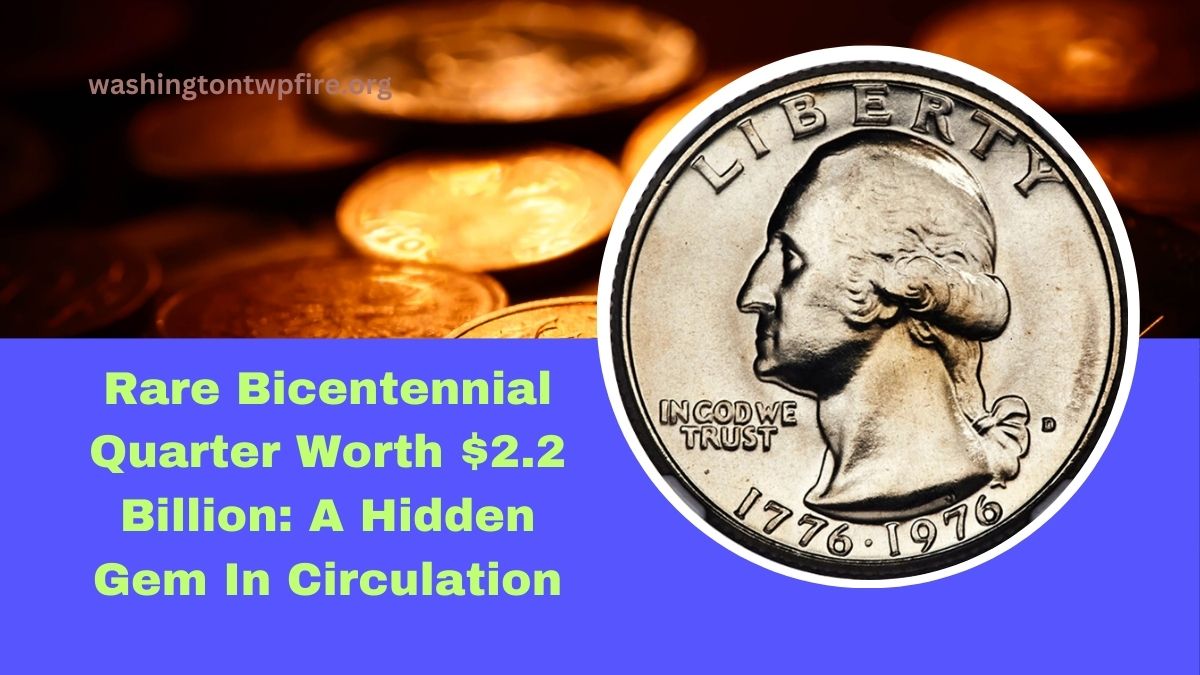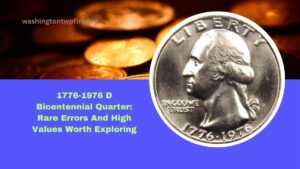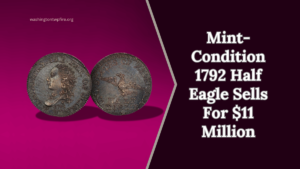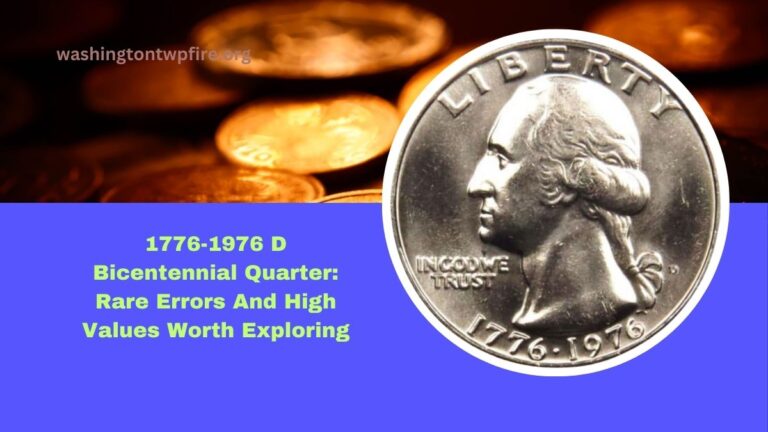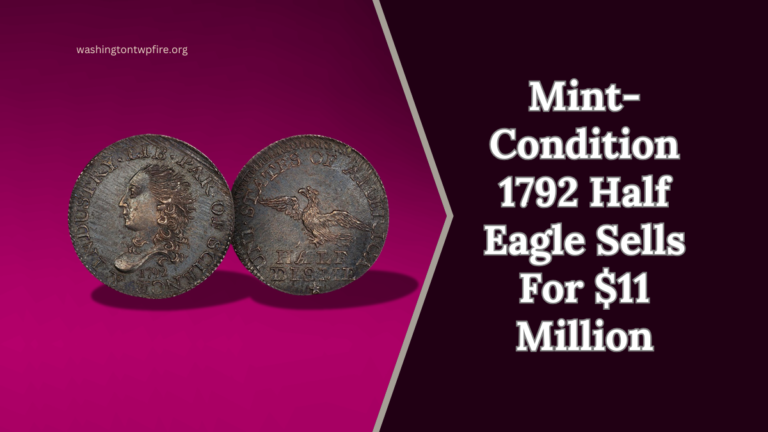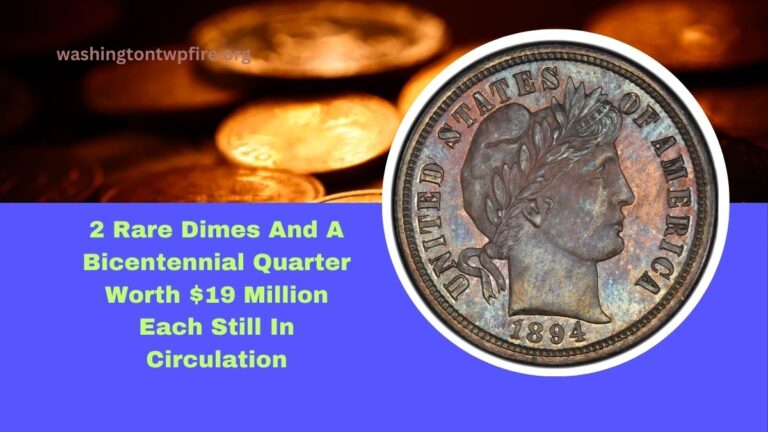The 1976 Bicentennial Quarter, minted to commemorate the 200th anniversary of the United States’ independence, is a cherished piece among collectors. However, recent claims suggesting that certain error variants of this coin are valued at an astounding $2.2 billion have surfaced. This article delves into the authenticity of these claims, the coin’s unique features, and its actual market value.
Understanding the 1976 Bicentennial Quarter
In 1976, the U.S. Mint released a special quarter featuring a colonial drummer on the reverse side and the dual date “1776–1976” on the obverse, replacing the traditional eagle design. This design was part of a series celebrating the nation’s bicentennial, including special editions of the half dollar and dollar coins.
Evaluating the $2.2 Billion Valuation Claim
Recent online articles have reported that certain error variants of the 1976 Bicentennial Quarter are valued at up to $2.2 billion. However, these claims lack substantiated evidence from reputable numismatic sources. The highest recorded auction prices for rare coins, such as the 1933 Double Eagle, have reached approximately $18.9 million, far below the purported $2.2 billion valuation. Therefore, it’s essential to approach such extraordinary claims with skepticism and rely on verified information.
Actual Value of the 1976 Bicentennial Quarter
While the standard 1976 Bicentennial Quarter is common and typically holds its face value, certain factors can increase its worth:
- Silver Composition: Special collector’s editions were minted in 40% silver and can be worth between $5 to $10, depending on condition.
- Proof Sets: High-quality proof versions, especially those in original government packaging, may fetch higher prices among collectors.
- Error Coins: Genuine minting errors, such as double strikes or off-center prints, can increase a coin’s value, sometimes reaching several hundred dollars.
| Factor | Description | Approximate Value Range |
|---|---|---|
| Standard Circulation Coin | Common, no special features | Face value ($0.25) |
| Silver Composition | 40% silver content, collector’s edition | $5 – $10 |
| Proof Set | High-quality finish, often in original packaging | $10 – $15 |
| Error Coin | Minting errors like double strikes or off-center prints | $100 – $500 |
Conclusion
The 1976 Bicentennial Quarter remains a significant piece of American numismatic history. While it holds sentimental and historical value, claims of individual coins being worth $2.2 billion are unfounded. Collectors should seek information from reputable sources and be cautious of exaggerated valuations.
FAQs
No, it was produced in large quantities and is commonly found in circulation.
Silver versions often have an “S” mint mark and were included in special collector’s sets.
Factors include silver content, proof quality, and genuine minting errors.
Not necessarily; the type and prominence of the error determine its value.
Reputable coin dealers, auctions, and numismatic shows are common venues for selling rare coins.

